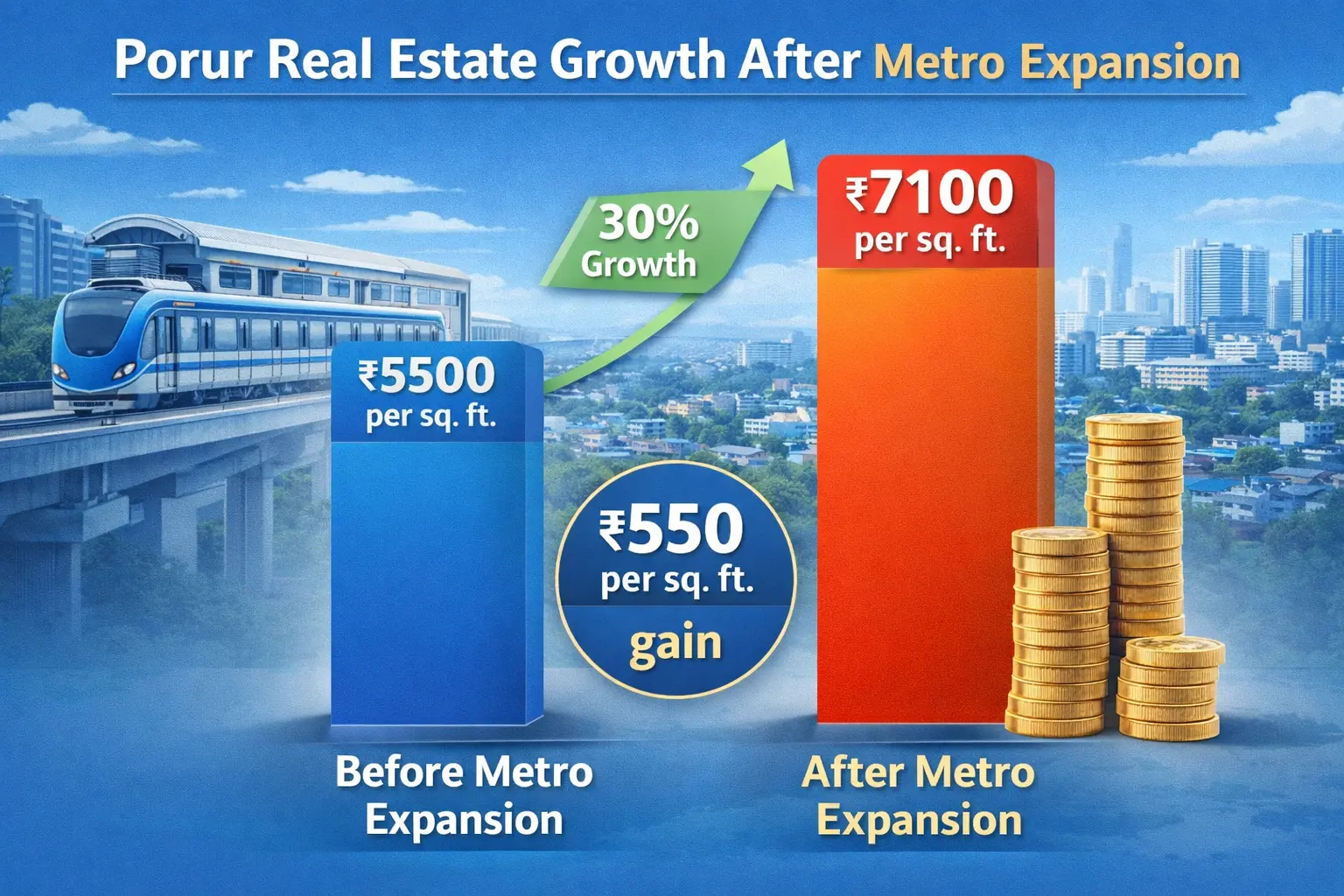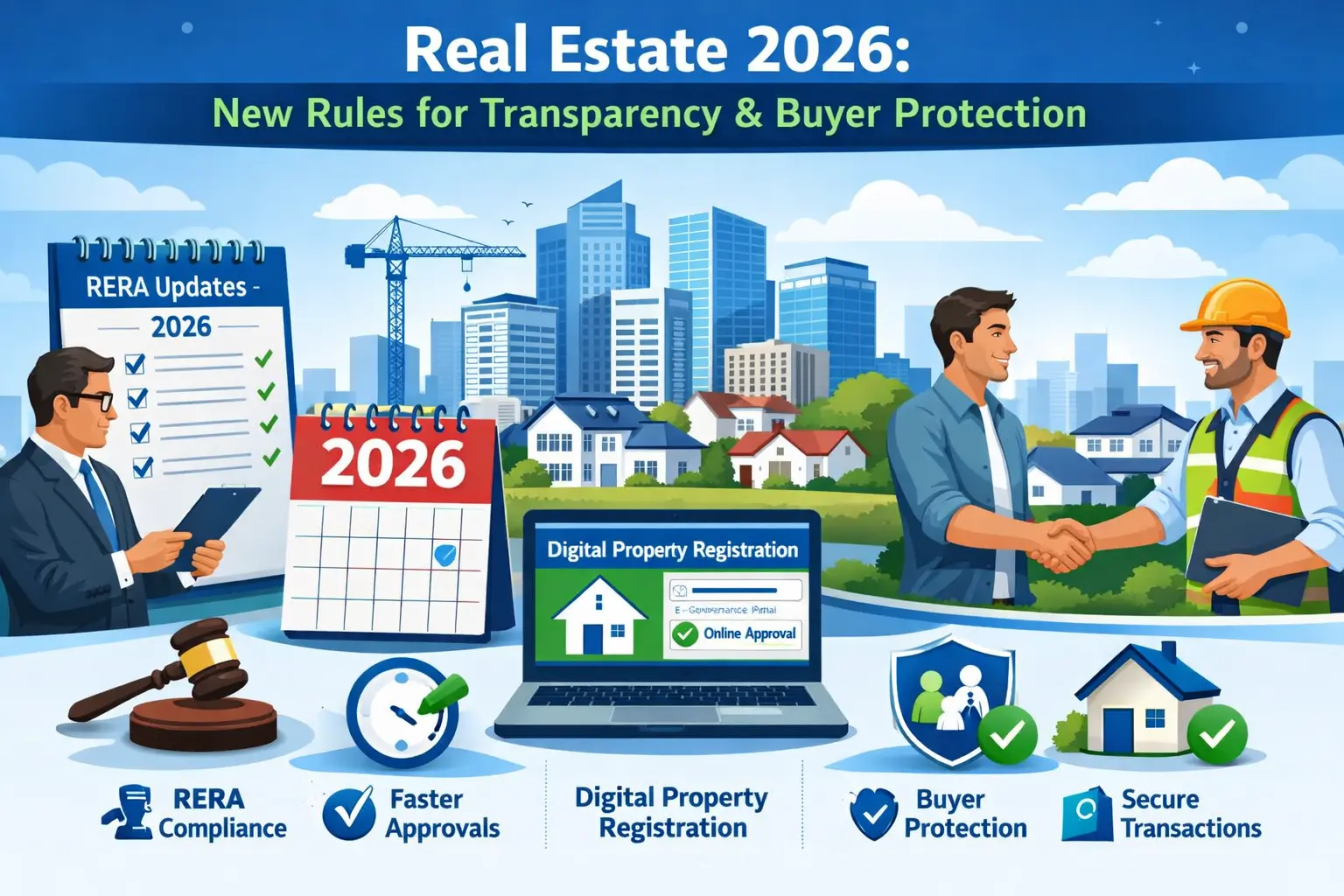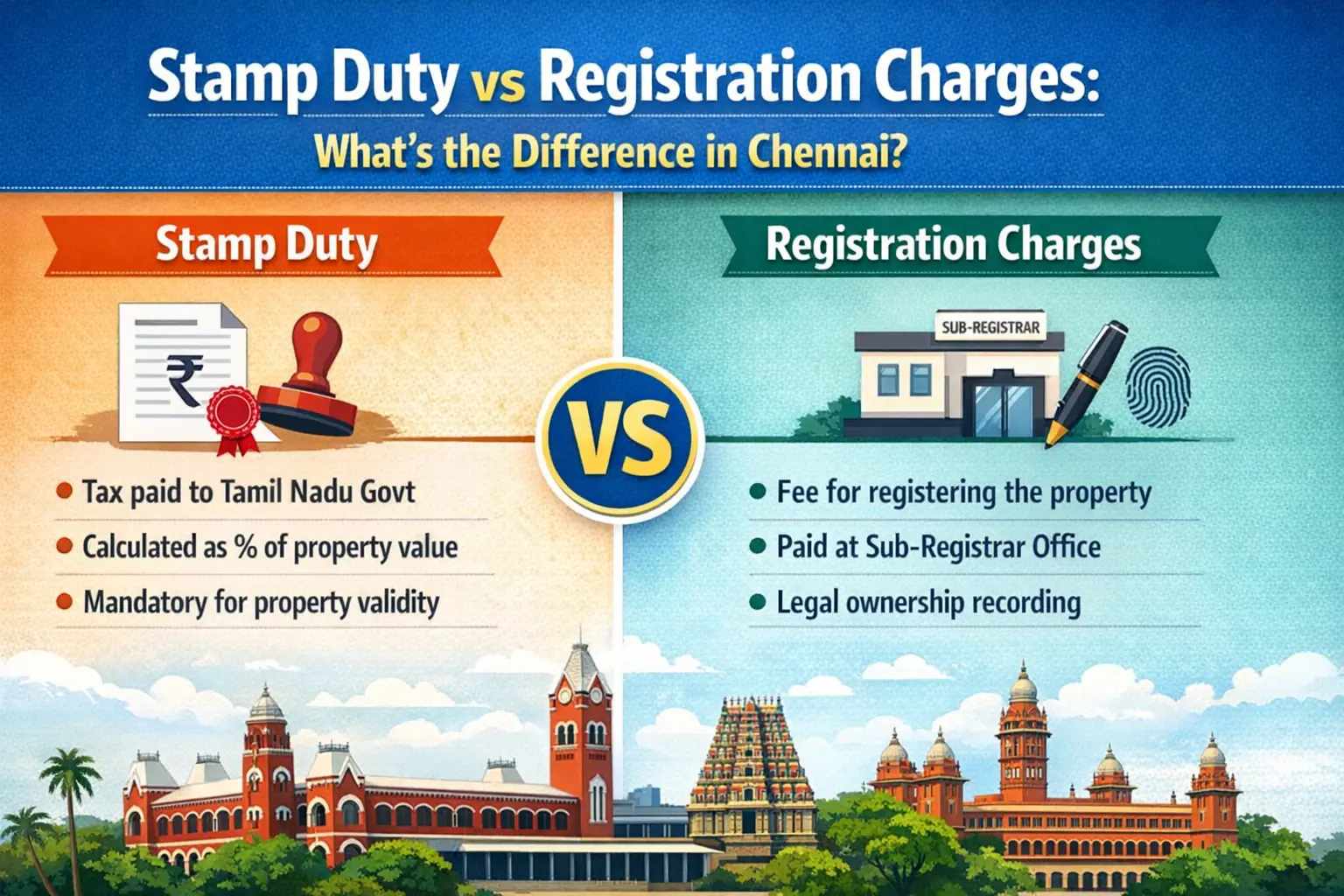The real estate industry, historically reliant on personal connections and traditional advertising, is undergoing a profound transformation thanks to artificial intelligence (AI). Today, AI technologies are reshaping every stage of real estate marketing, from lead generation to property management, offering greater efficiency, personalization, and insights than ever before. Let’s dive deeper into the many ways AI is changing the real estate marketing landscape.
1. Personalized Marketing and Customer Experiences
AI algorithms analyze massive amounts of data from online interactions, social media activity, and search behavior to understand individual buyer and renter preferences.
-
Tailored Property Recommendations: Instead of generic listings, buyers are now presented with homes that match their specific needs, from the number of bedrooms to neighborhood lifestyle preferences.
-
Behavioral Targeting: AI predicts what types of homes, neighborhoods, and features appeal to different users, allowing marketers to serve highly relevant ads and offers.
-
Customized Follow-ups: Automated emails and messages based on customer behavior help keep potential buyers engaged without seeming intrusive.
Impact: Customers feel understood and valued, resulting in higher engagement rates and faster transaction cycles.
2. Intelligent Lead Generation and Qualification
Generating and managing leads is one of the most challenging tasks in real estate. AI now automates and refines this process:
-
Predictive Analytics: AI can forecast which users are most likely to convert based on historical data and online behavior.
-
Lead Scoring: Machine learning models rank leads by quality, allowing agents to focus their efforts where they matter most.
-
Life Event Monitoring: By monitoring public data like marriage announcements, job changes, or birth records, AI tools can predict when someone may be ready to buy or sell a property.
Impact: Real estate professionals waste less time chasing cold leads and close more deals faster.
3. Virtual Tours, VR, and AR Experiences
AI has enabled virtual reality (VR) and augmented reality (AR) experiences to become mainstream in real estate marketing:
-
Virtual Tours: 3D virtual tours powered by AI let buyers view properties from anywhere in the world.
-
AI-Guided Tours: Some systems highlight features that align with the buyer’s interests, such as gourmet kitchens or walk-in closets.
-
AR Apps: Potential buyers can "overlay" furniture into empty rooms using AR apps to better visualize living spaces.
Impact: Prospects can make faster, more informed decisions, broadening the buyer pool and speeding up transactions.
4. Predictive Analytics for Pricing and Investment
AI’s data-driven insights are making pricing strategies smarter and investment decisions more accurate:
-
Property Valuation: Machine learning models consider factors like recent sales, market demand, neighborhood trends, and even school ratings to suggest accurate property prices.
-
Market Forecasting: AI predicts which neighborhoods are poised for growth or decline, helping investors and developers make better long-term bets.
-
Dynamic Pricing: For rental properties, AI can adjust prices in real time based on demand, seasonality, and competition.
Impact: Sellers get better offers faster, buyers make smarter choices, and investors achieve better returns.
Also read: How Drones are Changing Property Management
5. Automated Content Creation
Content marketing is crucial, and AI tools are streamlining the process:
-
Listing Descriptions: AI writes compelling property descriptions based on input data like square footage, amenities, and location.
-
Blog and Social Media Posts: AI tools create relevant blog topics, captions, and posts that boost SEO and maintain audience engagement.
-
Video Generation: Some AI platforms can stitch together property images and video clips into ready-to-share promotional videos.
Impact: Agents and agencies save time and consistently maintain a strong online presence.
6. AI-Powered Chatbots and Virtual Assistants
In today’s 24/7 world, buyers and sellers expect quick answers:
-
Chatbots: These AI-driven bots can answer FAQs, schedule viewings, provide mortgage information, and more instantly and at any time.
-
Voice Assistants: Integrations with smart speakers like Alexa or Google Assistant allow users to request property information through voice commands.
Impact: Improved customer service and higher lead conversion rates, even outside of regular business hours.
7. Enhanced Visual Marketing through AI
First impressions matter in real estate, and AI is enhancing visual presentation:
-
Photo Editing and Enhancement: AI can automatically edit photos, adjust lighting, remove clutter, and even stage empty rooms digitally.
-
Virtual Staging: Empty properties can be furnished digitally, making listings more appealing without the cost of physical staging.
-
Drone Photography: AI helps process drone images and videos, offering stunning aerial views of properties and neighborhoods.
Impact: High-quality visuals attract more attention online and increase the perceived value of properties.
8. Fraud Detection and Risk Management
AI is helping to create a safer real estate environment:
-
Fraud Detection: Machine learning models analyze transaction patterns to detect suspicious activities, reducing risks for both buyers and sellers.
-
Document Verification: AI tools verify identities and check the authenticity of documents like titles and contracts, speeding up closings.
Impact: Transactions become more secure, fostering greater trust in digital real estate processes.
The Future of AI in Real Estate Marketing
As AI technologies continue to advance, we can expect even deeper personalization, faster transaction processes, and smarter market insights. Future trends might include:
-
AI-driven negotiation tools that assist in making offers.
-
Emotion recognition software analyzing buyer reactions during virtual tours.
-
Hyper-local marketing campaigns triggered automatically based on neighborhood developments.
In short, AI is not just supporting real estate marketing — it’s redefining it. Those who adapt to these changes will not only survive but thrive in the increasingly competitive real estate market.
https://www.livehomes.in/blogs













